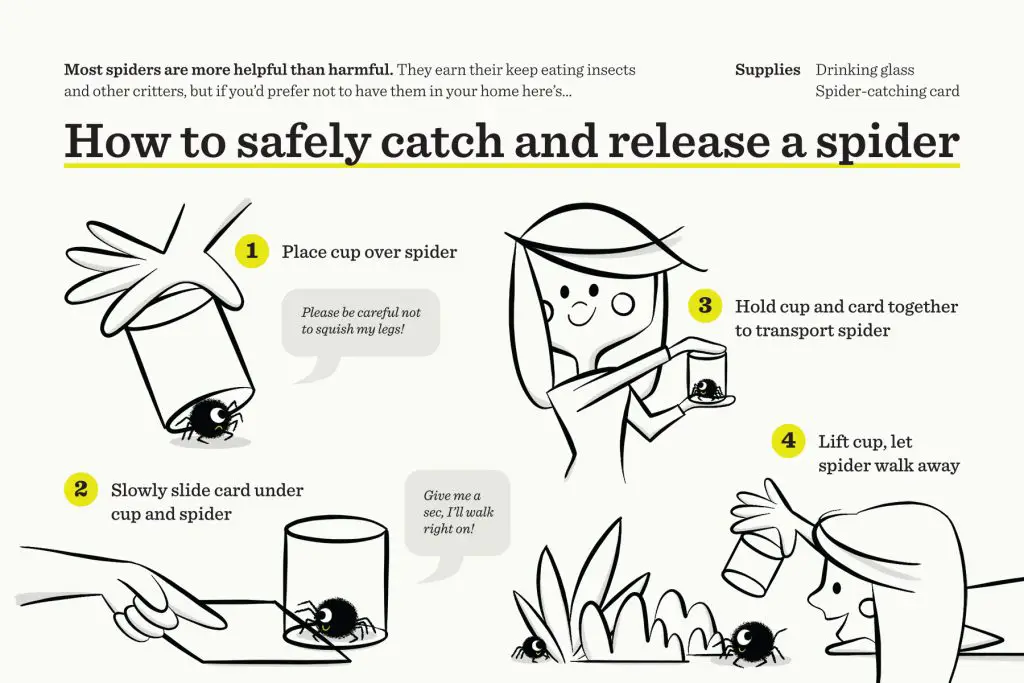Have you ever wondered what happens when you kill a spider? While this may seem like a minor act, it is important to consider the impact that the death of a spider can have on the overall ecosystem. In this article, we will discuss what happens when a spider dies, as well as the potential implications that this could have on the environment. We will explore the role of spiders in the food chain, the effect of their deaths on other species, and the potential consequences of human actions on their population. By understanding the consequences of spider deaths, we can better understand the importance of preserving the biodiversity of our planet.
What Are Spiders
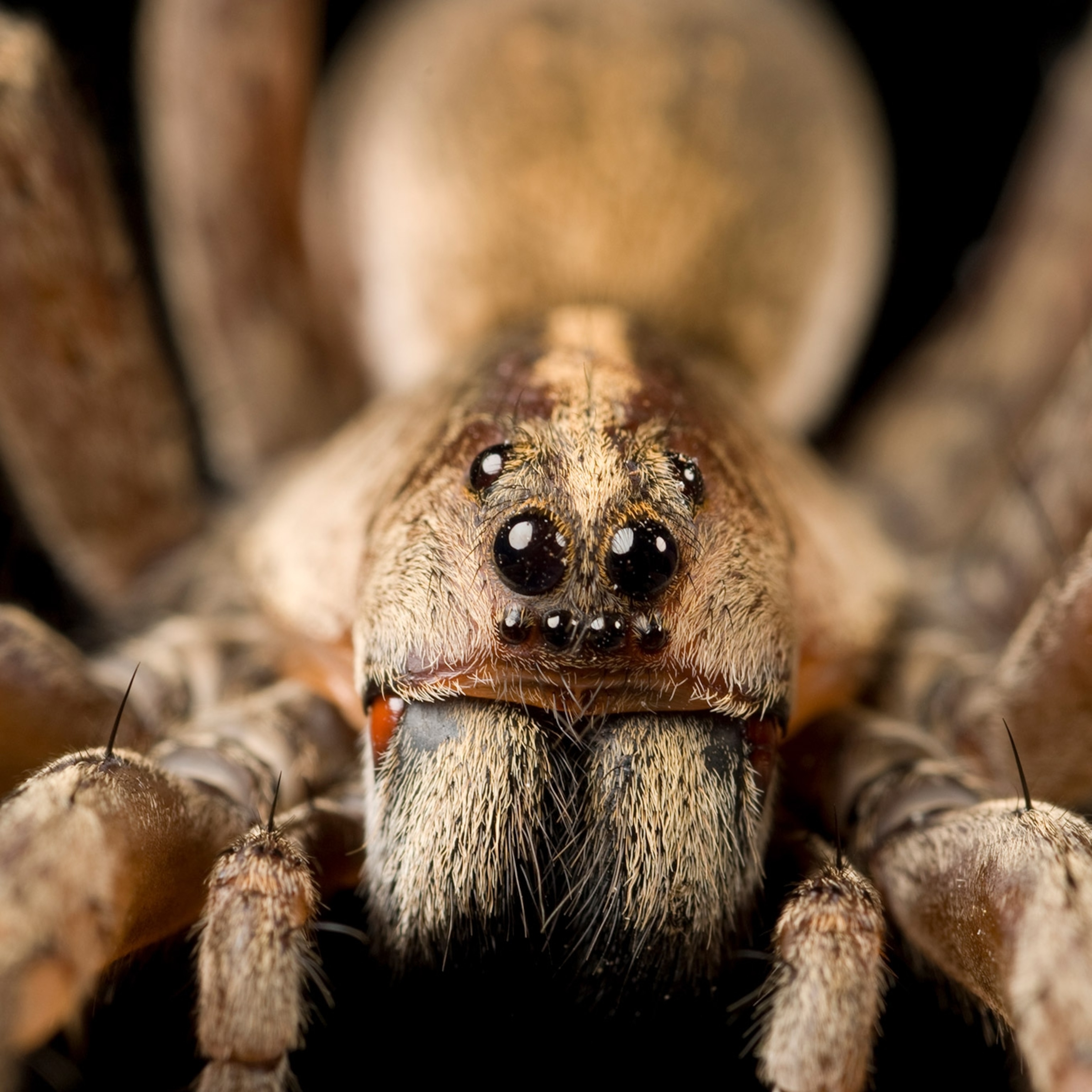
Spiders are a group of arachnids that have eight legs and typically produce silk. There are thousands of species of spiders throughout the world, most of which are harmless and beneficial to the environment.
Types of Spiders
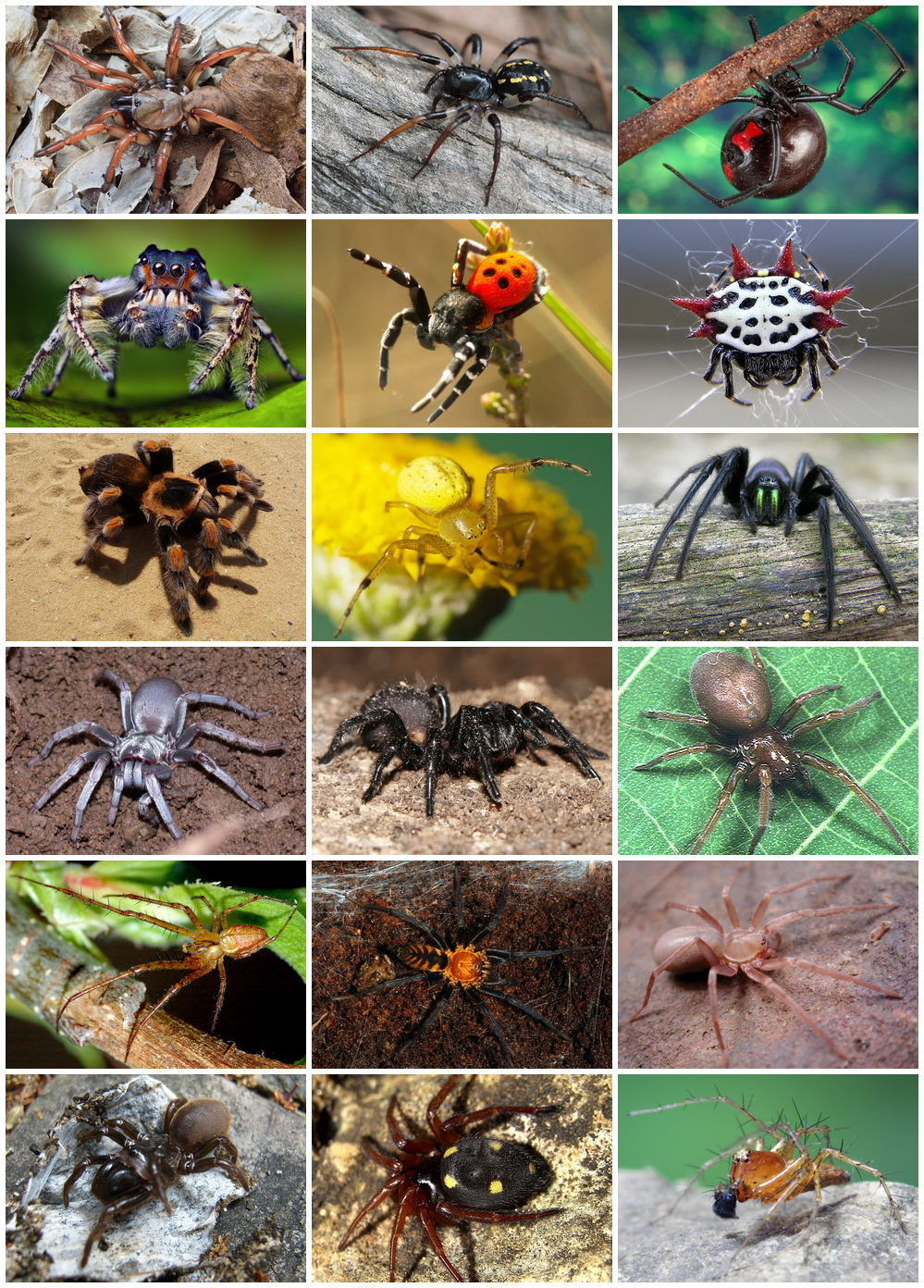
Spiders can be broadly divided into two categories, web-spinning spiders and hunting spiders. Web-spinning spiders build webs to trap their prey, while hunting spiders search for their prey on the ground or in the air.
Habitats of Spiders
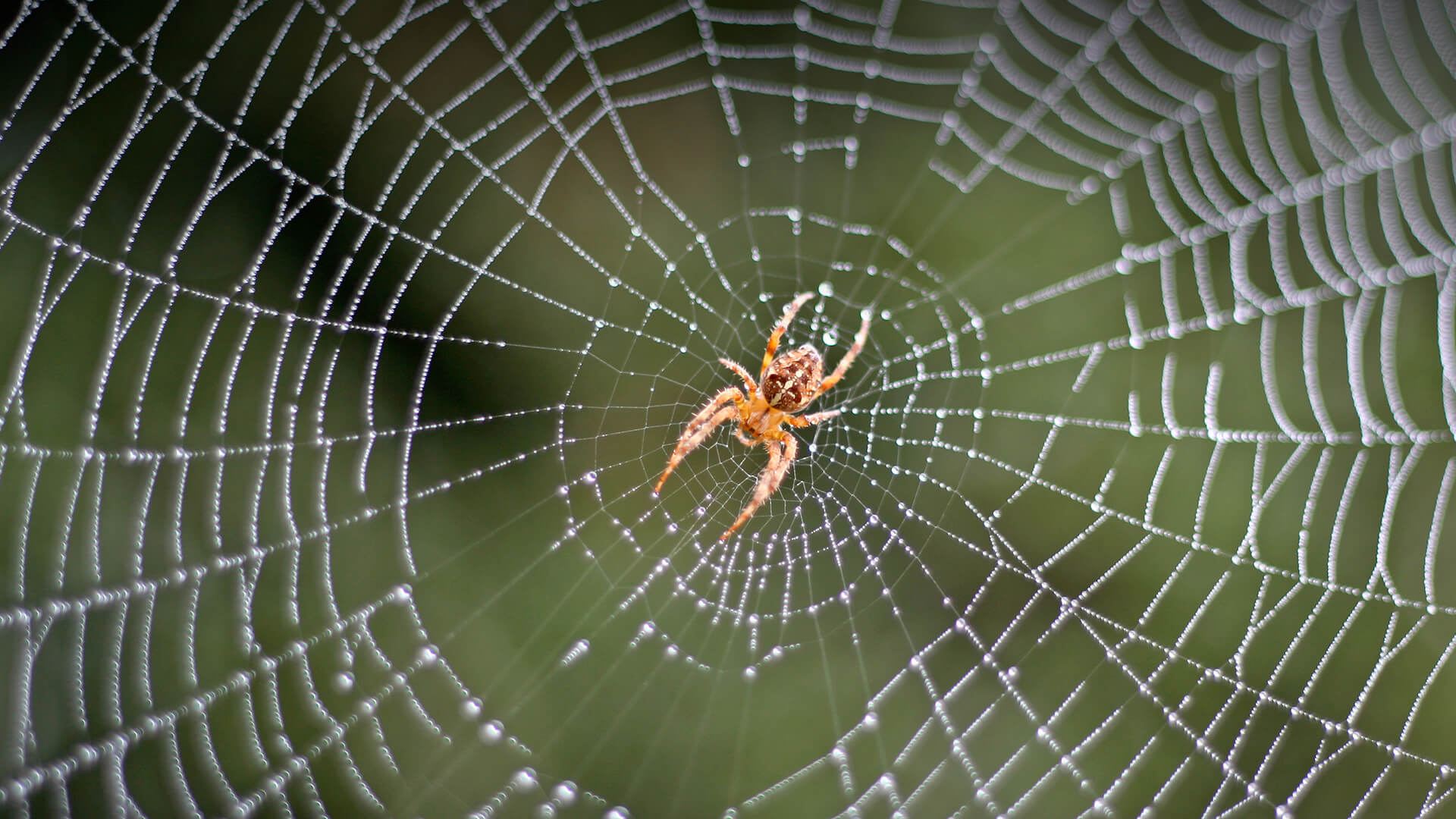
Spiders can be found in many habitats, from forests to deserts. They can also be found in human dwellings, usually in corners of rooms, within crevices, or in webs they have spun.
Effects on the Environment
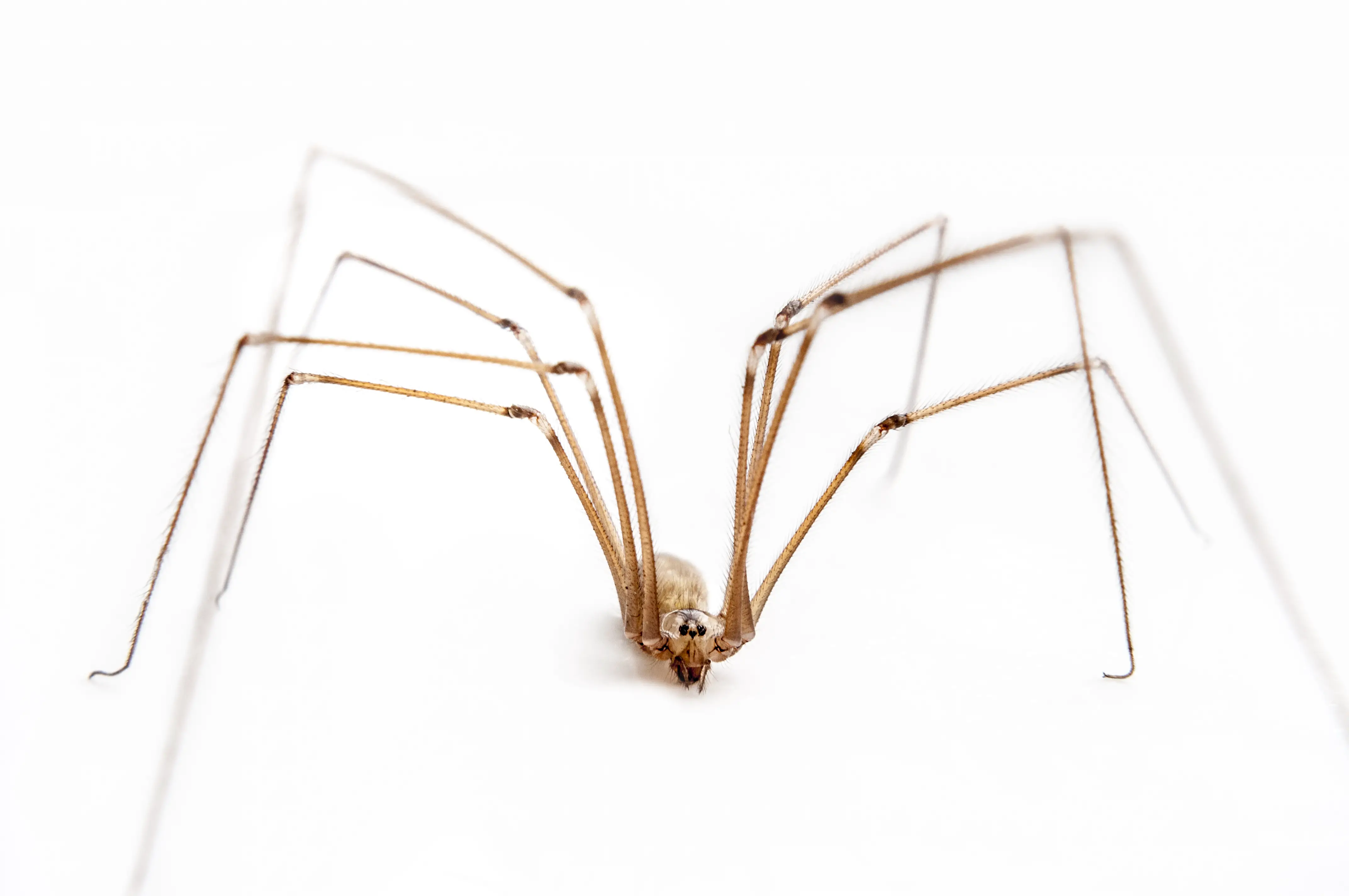
Killing a spider can cause an imbalance in the food chain, as spiders are predators of other insects and small organisms. This can impact the population dynamics of the environment and cause a disruption to the natural balance. Additionally, spiders play a role in controlling the spread of disease, as they feed on insects that may be carrying bacteria or viruses.
Effects on Human Health
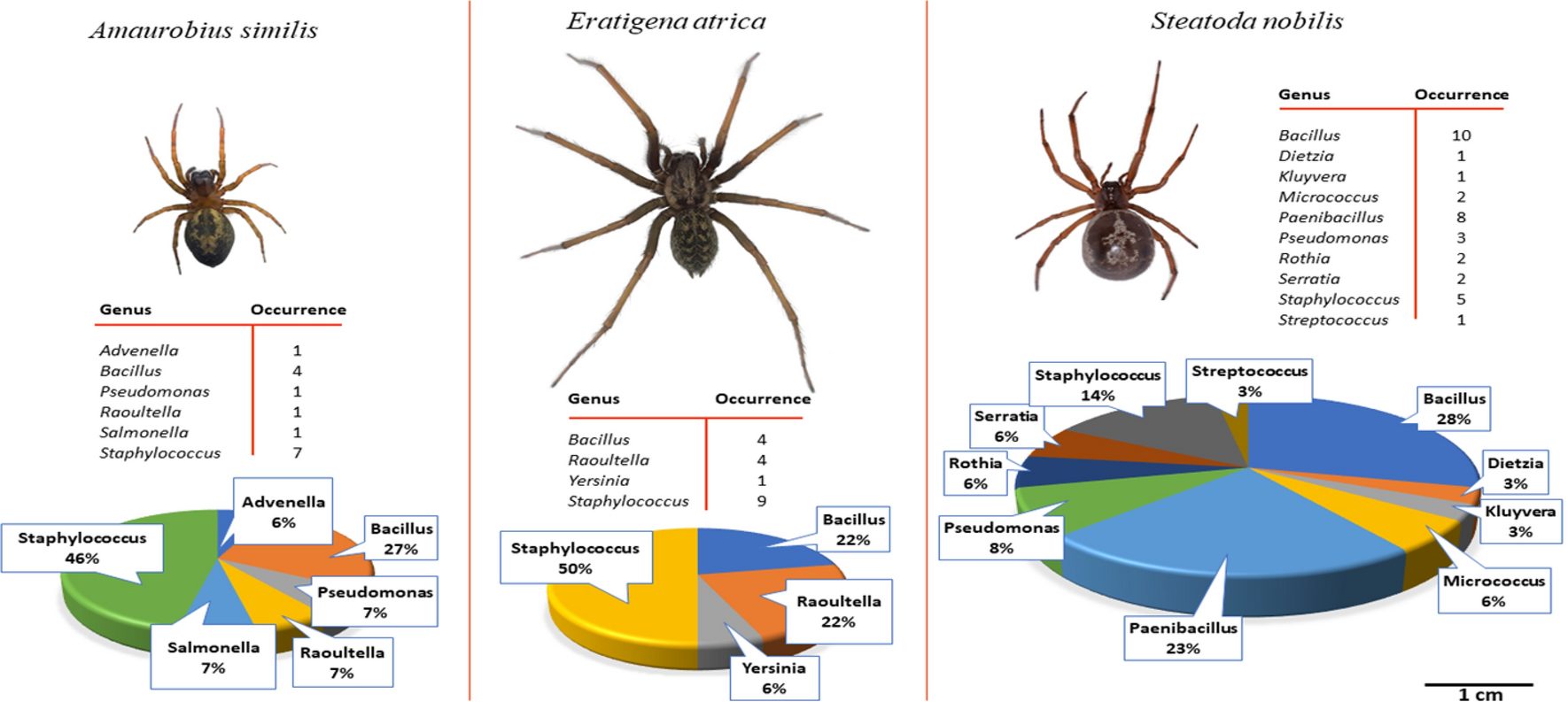
Spiders are a natural insect repellent, as they consume other insects that may cause harm to humans, such as mosquitoes. When spiders are killed, these beneficial insects are no longer being kept in check, and may cause an increase in the number of harmful insects. This can increase the risk of diseases such as malaria, dengue fever, West Nile virus, and other insect-borne illnesses.
Effects on Other Insects
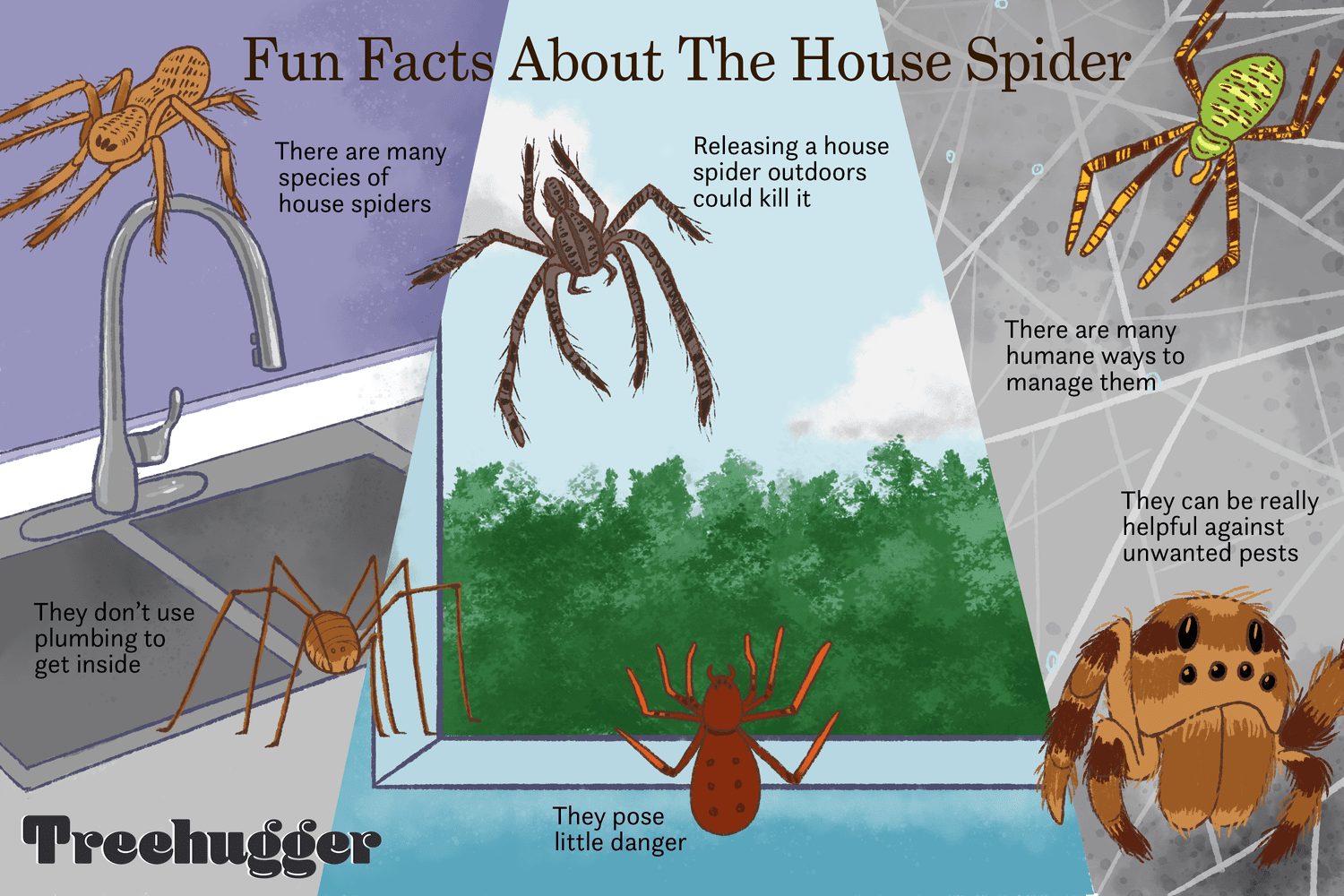
Spiders consume other insects for food and can help keep insect populations in check. When spiders are killed, the number of their prey increases, leading to an imbalance in the food chain. This can lead to an increase in the number of insects that can cause damage to crops, spread disease, or become a nuisance to humans.
Why You Should Never Kill a Spider
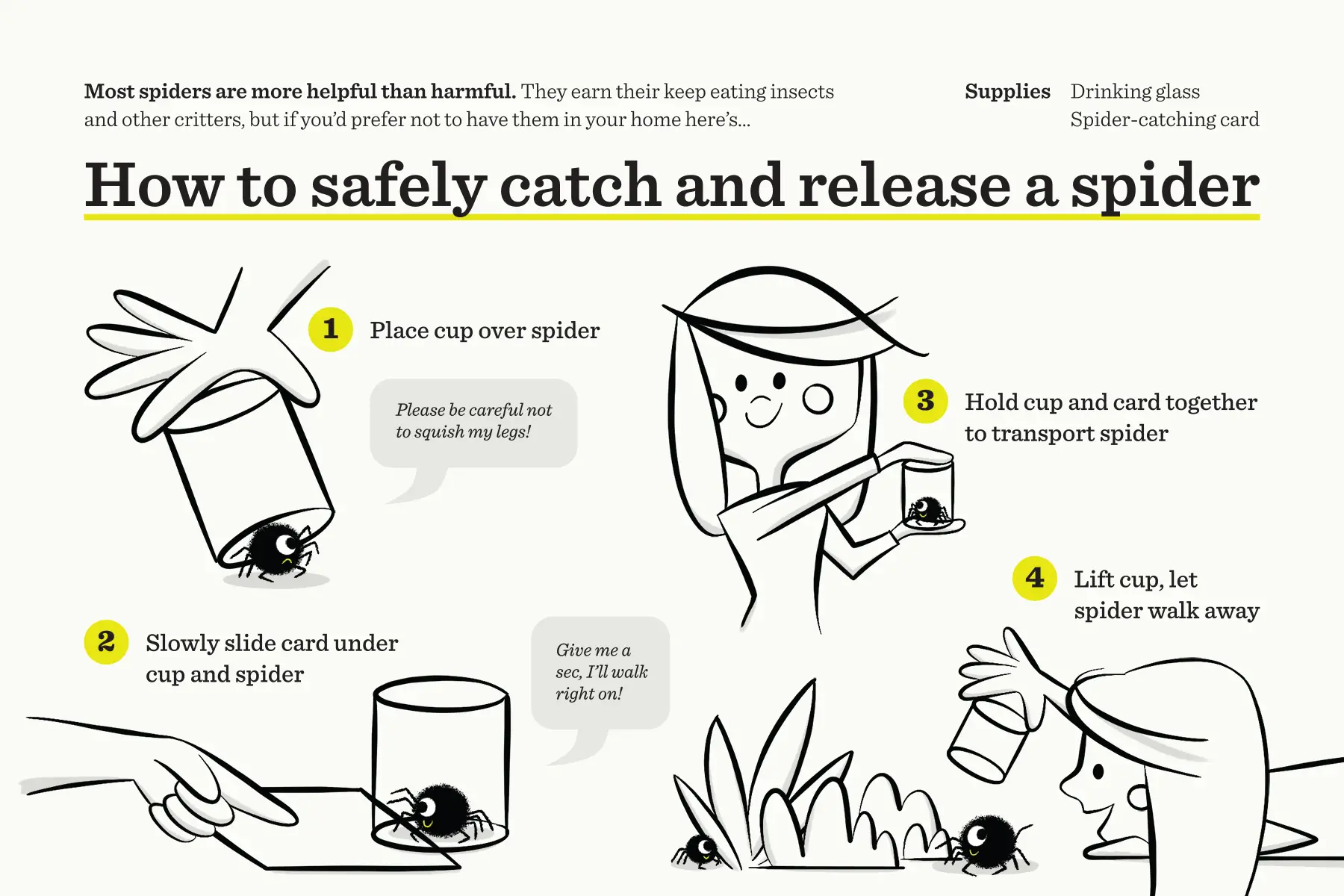
Spiders play an important role in the ecosystem. They are predators that help control populations of insects that can harm crops and spread disease. Spiders also provide food for birds, lizards, and other small animals. Killing spiders can disrupt the balance of nature and could lead to an increase in the number of insects.
Spiders are beneficial to have around the home as well. They help keep insect populations down, which can help protect furniture, clothing, and food. Spiders also help prevent the spread of some diseases.
In addition, spiders are an important part of the food web. They provide food for other animals, which helps maintain the balance of the ecosystem. If spiders are killed, it can lead to a decrease in the number of other animals in the area.
Finally, it is important to remember that spider webs are an important part of the environment. They help to filter dust and dirt from the air and provide shelter for other animals. Killing spiders can cause these webs to be destroyed, which can lead to an increase in air pollution.
For all these reasons, it is important to never kill a spider. Instead, use a cup and a piece of paper to gently move them outdoors.
Alternatives to Killing Spiders
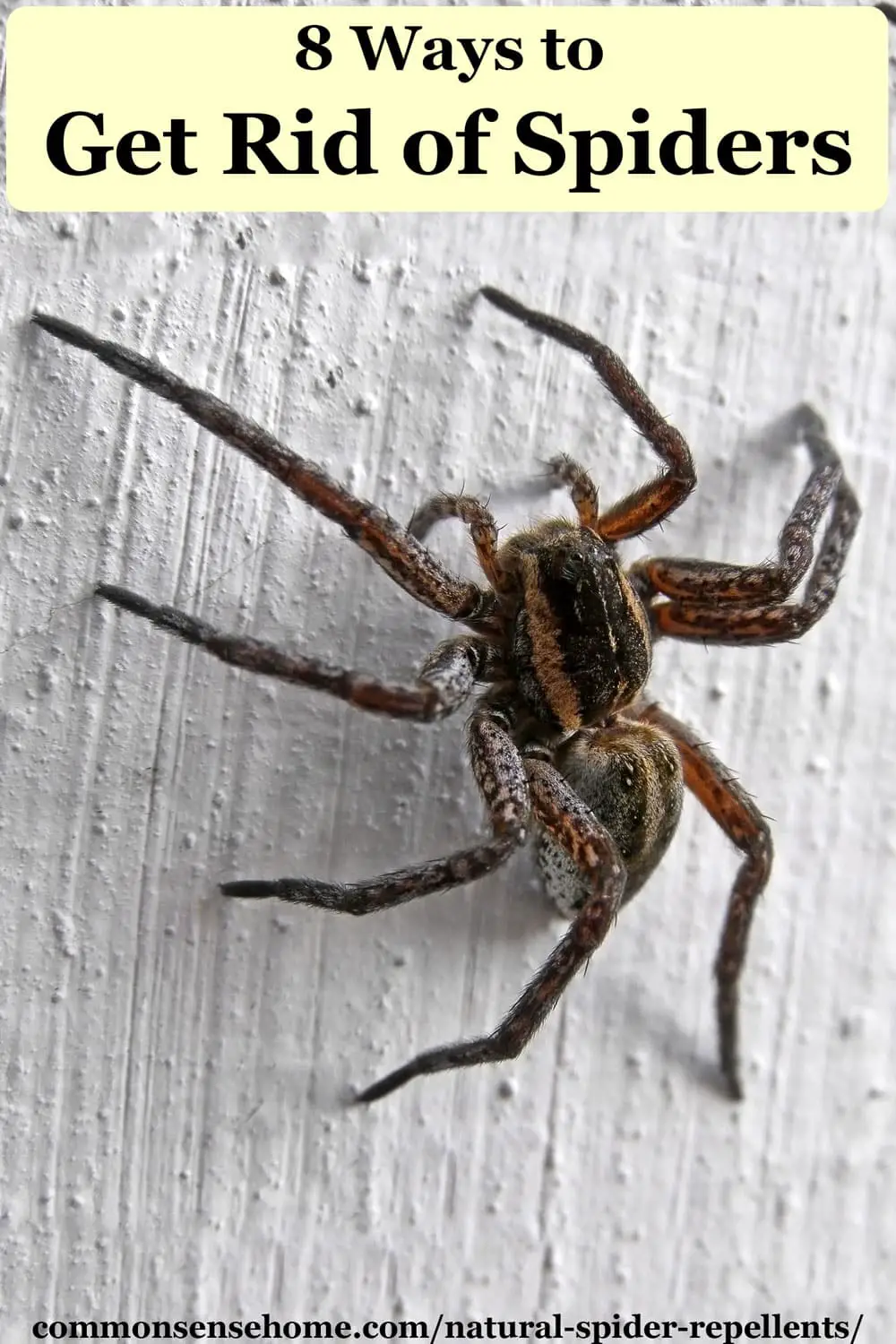
- Capture the spider in a container and release it outside.
- Remove the spider with a vacuum cleaner and release it outside.
- Wait for the spider to leave on its own.
- Create a spider-friendly environment to discourage spiders from entering the house.
- Spray a natural spider repellent such as peppermint oil, tea tree oil, or citrus oil.
- Make a natural spider deterrent with white vinegar and water or essential oils.
- Use a store-bought spider trap to capture the spider.
- Install a door sweep at the bottom of the door to prevent spiders from entering the house.
1 Repellents
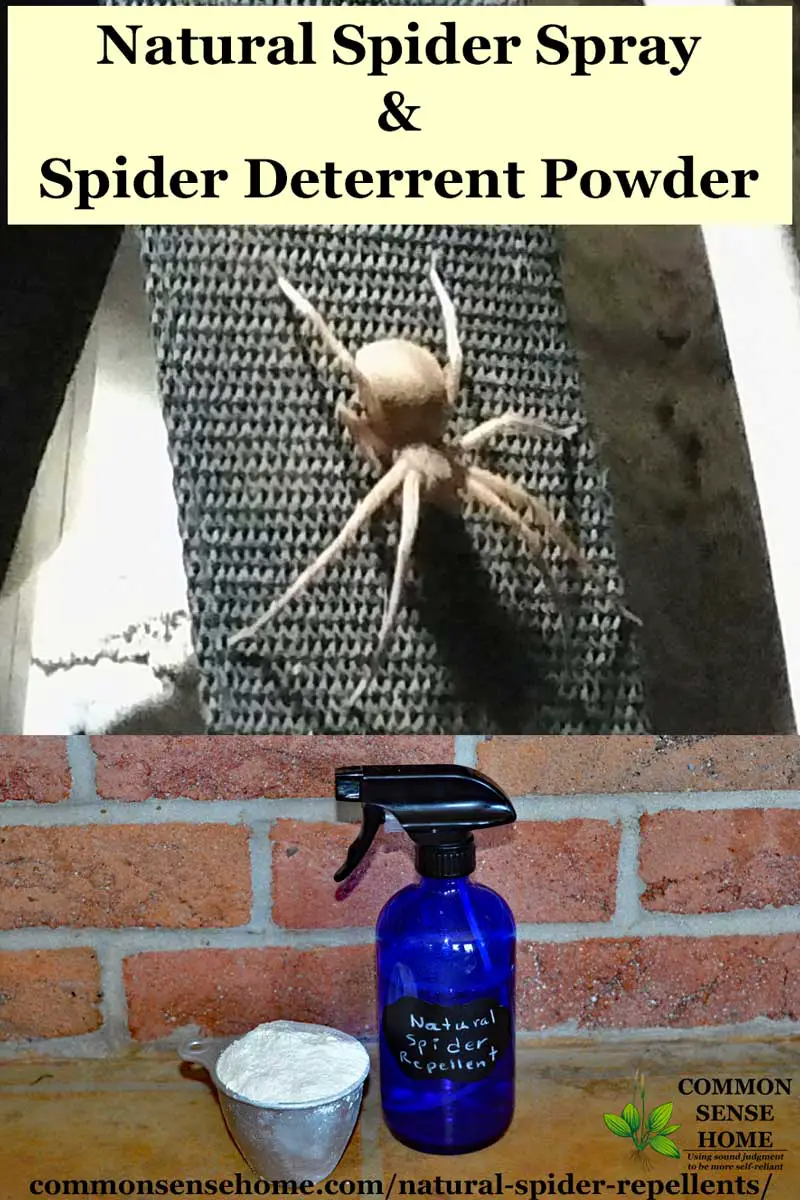
| Repellent | Description |
|---|---|
| Essential Oils | Essential oils, such as tea tree, peppermint, and eucalyptus oil, can be used to repel spiders. Oils can be applied to areas around the home where spiders are likely to enter. |
| Vinegar | Vinegar can be used to create a spider-repelling barrier. Mix equal parts of white vinegar and water in a spray bottle, and spray around the perimeter of the home. |
| Citrus Fruits | Citrus fruits, such as lemons, limes, and oranges, can be used to repel spiders. Place slices of citrus fruits in areas where spiders may enter the home. |
| Diatomaceous Earth | Diatomaceous earth is a natural substance made from the fossilized remains of microscopic aquatic creatures. It can be used to create a barrier around the perimeter of the home to repel spiders. |
2 Capturing and Releasing Spiders
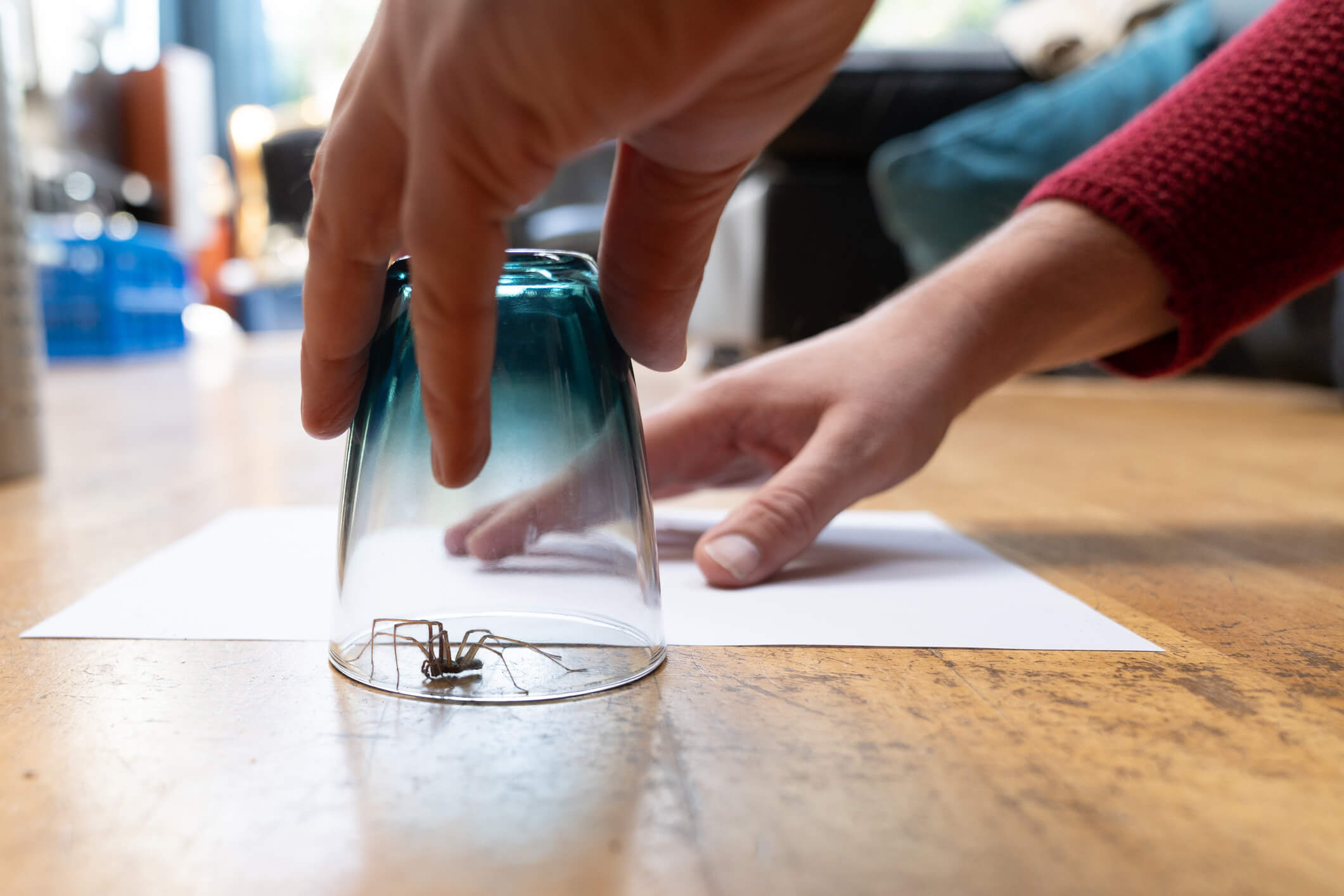
When you come across a spider in your home, it is best to avoid killing it. Spiders are beneficial to the environment, as they feed on pests like mosquitoes, moths and flies. As such, capturing and releasing spiders is a humane and environmentally friendly alternative.
To capture a spider, the best way is to use a cup or container with a lid or a piece of paper. Gently slip the container or paper over the spider and use a stick or something similar to guide it onto the container or paper. Once the spider is in the cup or on the paper, carefully put the lid on the cup or fold the paper over to keep the spider securely inside.
Once the spider is secure, release it outdoors at least 5 feet away from the house. This will ensure the spider does not come back inside. If you are in an area where spiders are considered pests, you may want to release them farther away from your home.
Finally, it is important to remember that killing a spider is not necessary and is not the most humane or environmentally friendly option. Capturing and releasing spiders is a great way to keep them out of your home without harming them.
What Happens if You Kill a Spider
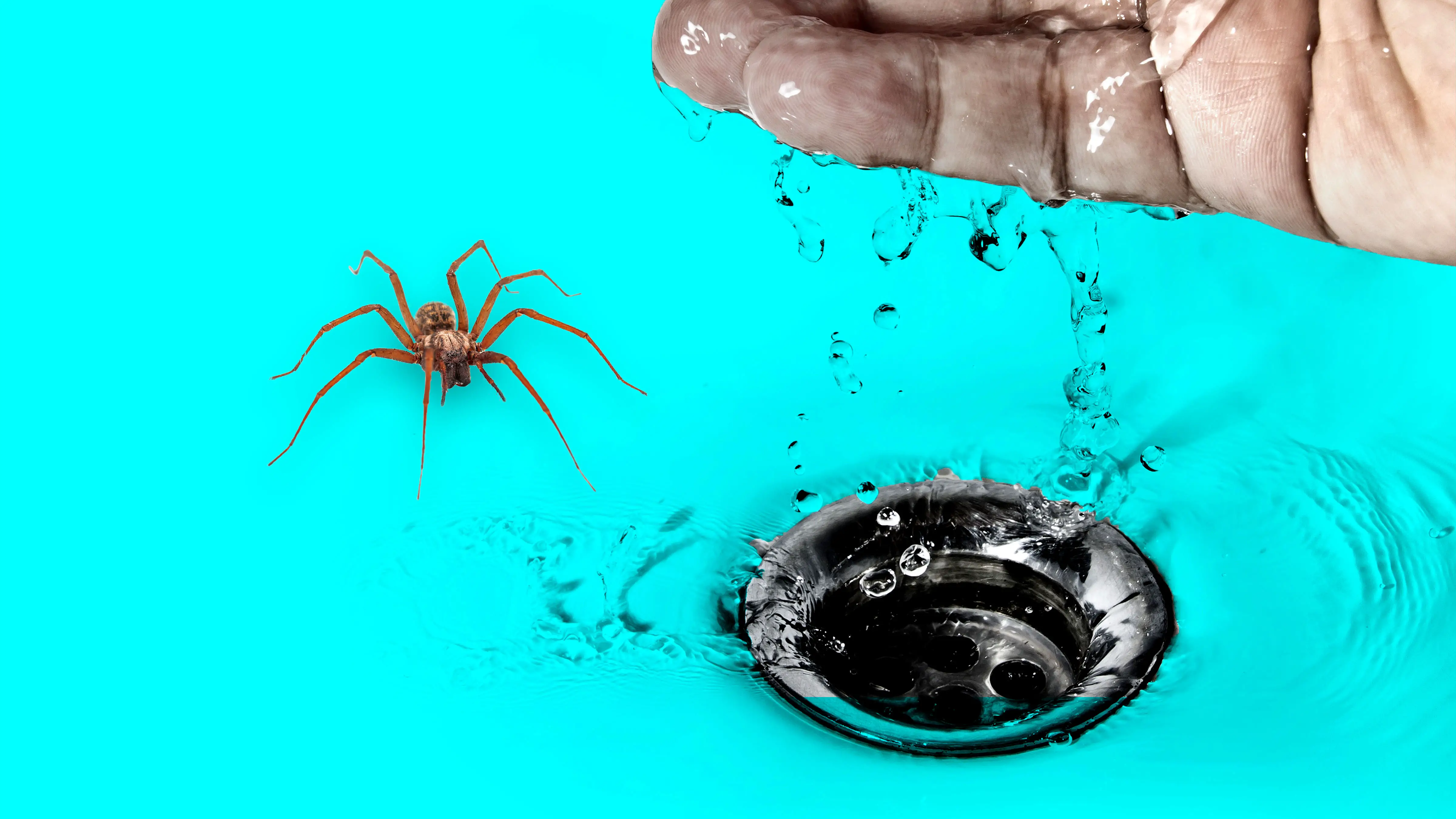
Killing a spider results in the death of the insect. This can be done by either crushing or suffocating the spider, though there are other means of killing a spider. When a spider is killed, its body will decompose, releasing natural chemicals and nutrients into the environment. If the spider was carrying prey, the prey will often die as well. Killing a spider may also kill the spider’s eggs and young, if present. It could also have an effect on the spider’s ecosystem, such as disrupting the food chain and impacting the balance of the natural environment.
Why You Shouldn’t Kill Spiders
| Reasons | Description |
|---|---|
| They are not a threat | Most spiders are harmless and pose no threat to humans. They are in fact beneficial as they help keep insect populations in check. |
| Ecosystem balance | Spiders are an important part of the food chain, helping to keep a balance within the ecosystem. Killing spiders could potentially disrupt this balance. |
| They don’t spread disease | Although there are some spiders that are venomous, they are not typically a serious threat to humans. Spiders don’t spread diseases and are actually beneficial to humans by eating pesky insects. |
| They are beneficial | Spiders are beneficial to the environment, as they help control insect populations and act as natural pest control. They also provide food for birds and other animals in the ecosystem. |
When You Kill a Spider Does It Attract More?
- Killing a spider does not attract more.
- Spiders have a natural instinct to avoid predators, so they will typically stay away from the area.
- Killing a spider can even reduce the population of spiders in that area.
- Killing a spider can also be a sign of a bigger problem, like an infestation, so it’s important to identify the cause.
- In some cases, killing a spider can attract other spiders, as they will come to investigate the dead spider.
- Spiders use a process called “webbing” to detect the vibrations of other spiders, so if a spider is killed near a web, this can attract other spiders.
- In general, spiders will be more likely to stay away from an area that has been disturbed or where a spider has been killed.
Frequently Asked Questions
What impact does the death of a spider have on the ecosystem?
Spiders play an important role in controlling the balance of pest populations in an ecosystem. By consuming insects, spiders can help to keep pest populations in check, reducing the need for chemical pesticides. Additionally, spiders are a food source for birds, amphibians, reptiles, and other predators. The death of a spider can have a significant ripple effect on the food chain and the balance of species in an ecosystem.
How can killing a spider affect the local environment?
Spiders are important components of the global ecosystem, playing a crucial role in controlling the population of other insects, such as flies, mosquitoes, and cockroaches. By killing a spider, you can disrupt the balance of the local environment, leading to an increase in the population of the insects that the spider was preying upon. This can lead to an increase in disease-carrying pests, and more damage to crops, plants and other animals in the area. In addition, spiders provide food for other animals, and their absence can cause a disruption in the food chain.
Why Should We Never Kill a Spider?
Spiders play an important role in the environment, helping to control insect populations and thus preventing the spread of diseases. Killing spiders can disrupt the delicate balance of the food chain and can have an adverse effect on the ecosystem. In addition, spiders often help to keep other pests away from our homes, so killing them could potentially lead to an increase in other pests, such as flies and mosquitoes. Moreover, spiders are beneficial predators that feed on a variety of insects, and therefore help to keep these populations under control.
What are the Consequences of Killing Spiders?
Killing spiders can have consequences both for the health of the environment and for the individual. In some cases, killing spiders can disrupt the balance of an ecosystem, as spiders are an important part of food webs and help to keep insect populations under control. Additionally, spiders have a role in controlling pests, such as mosquitoes and flies. Killing spiders can also cause an increase in the populations of these pests, leading to health and safety risks. On an individual level, some people may experience fear or guilt after killing a spider.
What other implications can arise from killing a spider?
Killing a spider can have further implications on the environment. As spiders are natural predators of insects, their death can lead to an increase in the numbers of other species in the environment, such as flies and mosquitoes. This can cause further issues, such as an increase in the number of insect-borne diseases. Additionally, spiders can provide beneficial services such as controlling other insect populations, and their death can leave an imbalance in the ecosystem.
Conclusion
The death of a single spider has the potential to have a ripple effect on the overall ecosystem. Spiders are natural predators, they help to keep the insect population in check, and they have an important role in pollination. Without them, the delicate balance of the natural environment would be thrown off, resulting in a decrease of biodiversity, an increase in insect pests, and a decrease in the production of certain crops. Additionally, spiders also contribute to the decomposition of organic matter, which helps to maintain soil fertility. Therefore, it is important to consider the death of a spider when attempting to maintain a healthy, balanced ecosystem.

